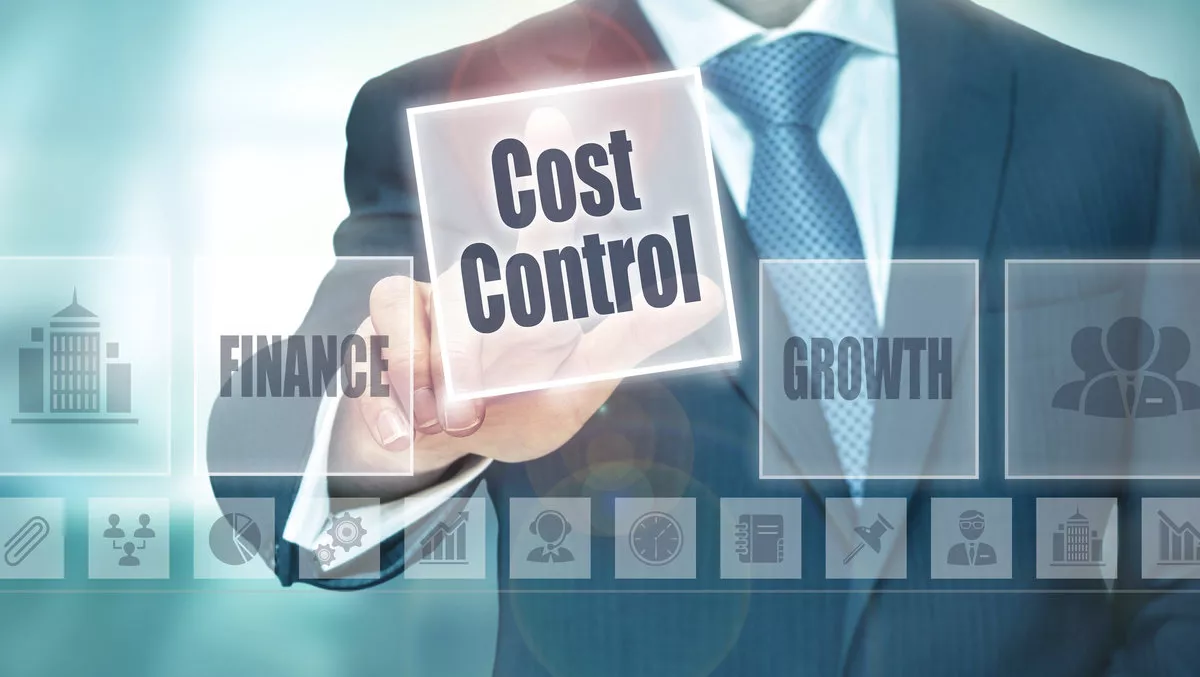
SAP Concur: Manual expense management holding back SMBs
Small and medium businesses (SMBs) may not know they are being held back by manual expense management practices, according to SAP Concur.
The company says manually managing employee expenses can present many challenges, and manually processing invoices and payment data can see SMBs paying more money on expenses than they need to, while also demanding unnecessary labour and time from employees.
Fabian Calle, general manager, SMB and nationals, ANZ, SAP Concur, says digital and automated expense management systems are helping SMBs investing in growth report expenses more accurately, and save time and money on the path to expansion.
"Many SMBs are paying an unfair price for inaccurate and slow manual expense reporting. Processing reimbursement claims for employee travel and compensation can lead to receipts and invoices being miscalculated, double-handled, or physically lost, which can total a substantial amount once added up," he says.
"Automated expense reporting platforms are helping SMBs better manage and store payment data, proving hugely beneficial for managers and employees alike."
Calle says traditional invoice processing can be cumbersome and error-prone, and worst-case scenarios see expense claims simply approved or processed without careful review.
"This means SMBs fall victim to paying inaccurate, over-exaggerated, or even forged expense claims," he says.
"While automated systems process payment information, they take a large amount of responsibility off the shoulders of managers, and administrative and finance staff, who subsequently have higher capacity to contribute to business growth in more meaningful ways," Calle explains.
SAP Concur has identified three ways automated expense systems are helping SMBs save money and work towards growth:
1. More time.
Automated systems significantly lessen the load on employees traditionally tasked with managing expense claims, meaning they can better apply their skills and efforts to strategic internal operations.
"Automated systems also process information far more accurately than manual reporting, and can spot double-handled receipts, or claims that have already processed, meaning employees don't need to lose time double-checking payment data, or trying to locate errors," Calle says.
"And, automated expense systems can process each claim, and file and store it correctly, saving employees future hassle when it comes to audits and reporting, as data is digitally stored according to expense amount, date, or other customisable factors organisations choose to track," he explains.
2. Company-wide convenience.
Calle says automated systems cross-check expense claims against company policies to ensure reimbursements fall in line with reporting rules.
"Traditionally, this process can be lengthy, and leave employees in the dark about the status of their claims for far too long. Using automated systems, employees won't be able to claim out-of-policy expenses in the first place, and are immediately notified when expense claims aren't eligible for reimbursement," he explains.
"This helps minimise the time employees spend waiting for their claims, and also reduces the number of awkward conversations management might need to have with staff about invalid claims.
Calle says company expense policies can also be viewable via a central expense payment app for employees to review from their personal devices.
"This can help employees quickly know what expenses will and won't be covered by their company before they make purchases, preventing employees from spending money they won't be refunded. In the long term, this saves grief for managers, finance teams and staff across the company.
3. Expense reporting grows with the business.
"Automated expense systems easily adapt to meet the needs of a growing business, and can cater to increased numbers of employees, and greater numbers of expense claims.," says Calle.
"This is significant for SMBs that need to keep operational friction low, and avoid finding themselves saddled with expensive, slow processes, as the volume of employee expense and travel claims increases," he says.
"Fundamentally, automated expense management systems help SMBs target areas they're likely to lose money on as a result of mistaken and incorrect payments, or operational inefficiency," adds Calle.
"Getting on top of this is an important step for businesses before they scale up.


